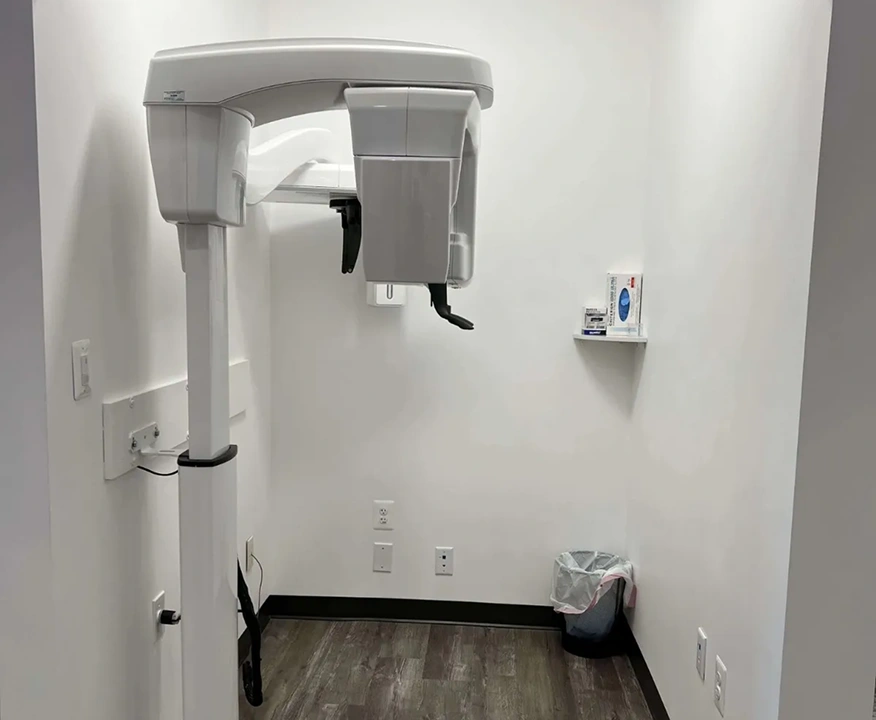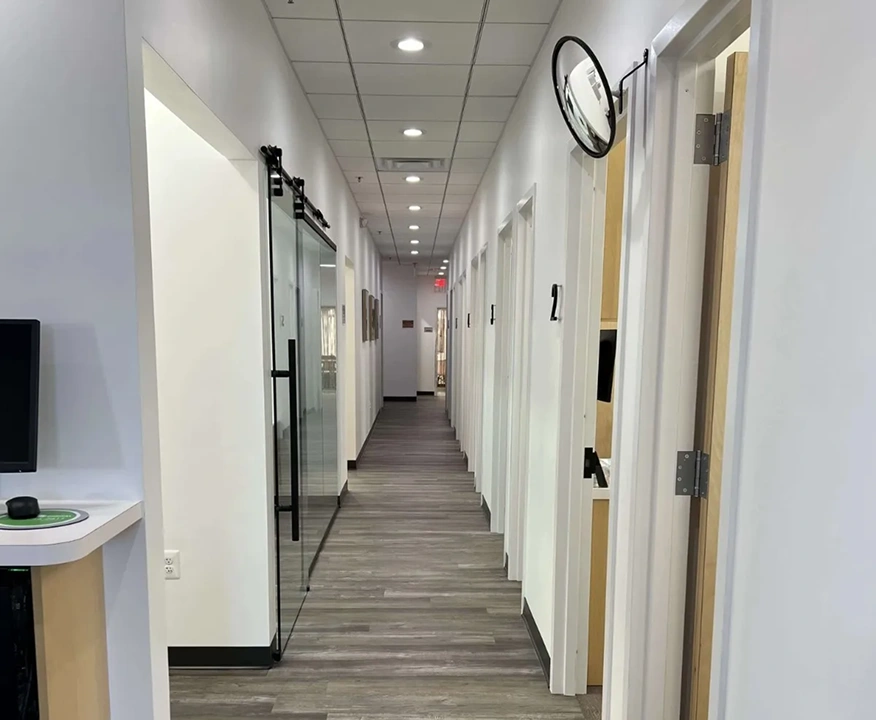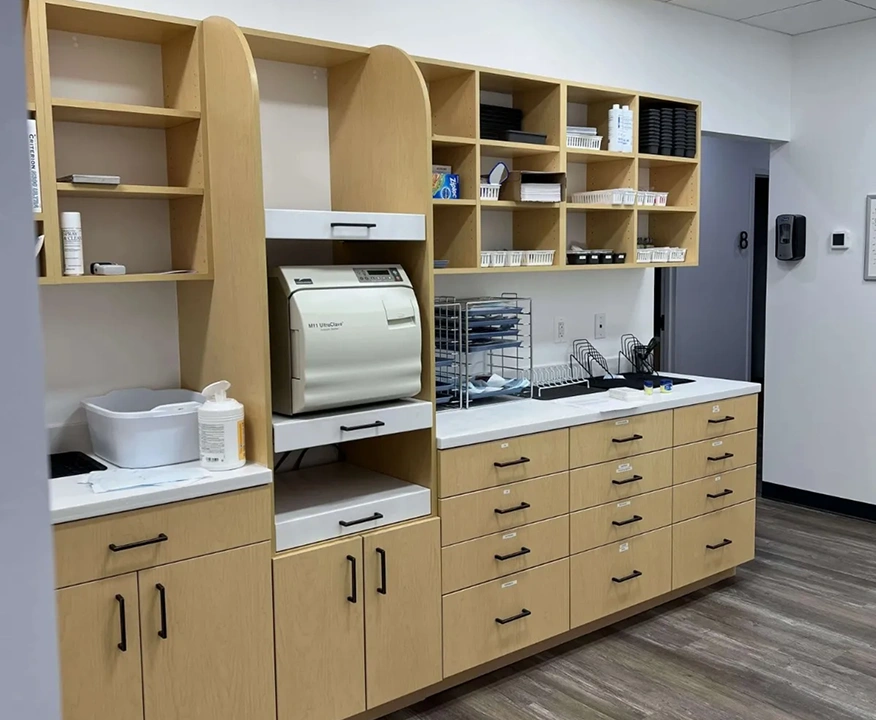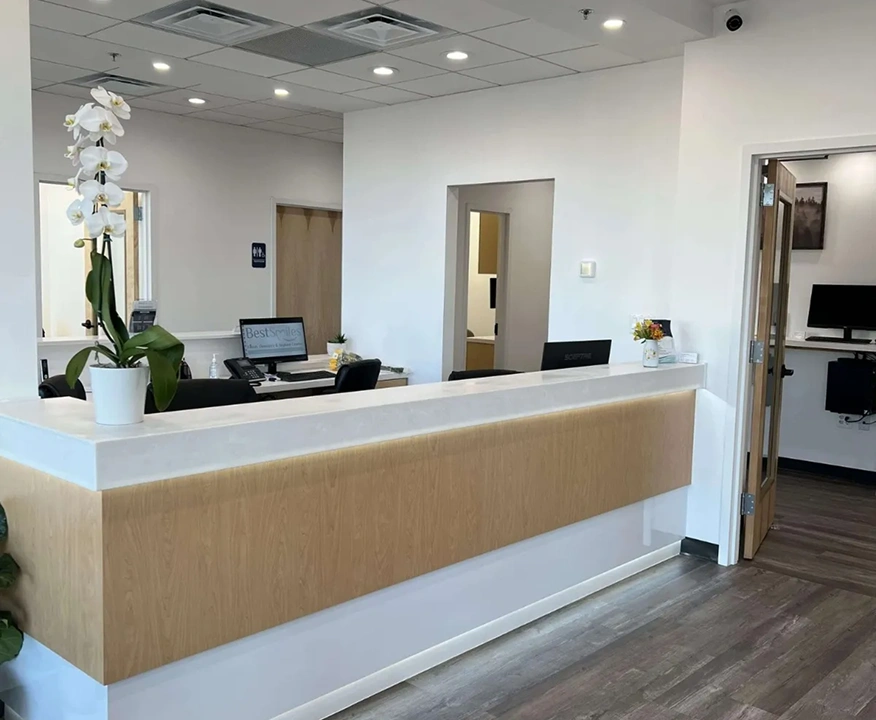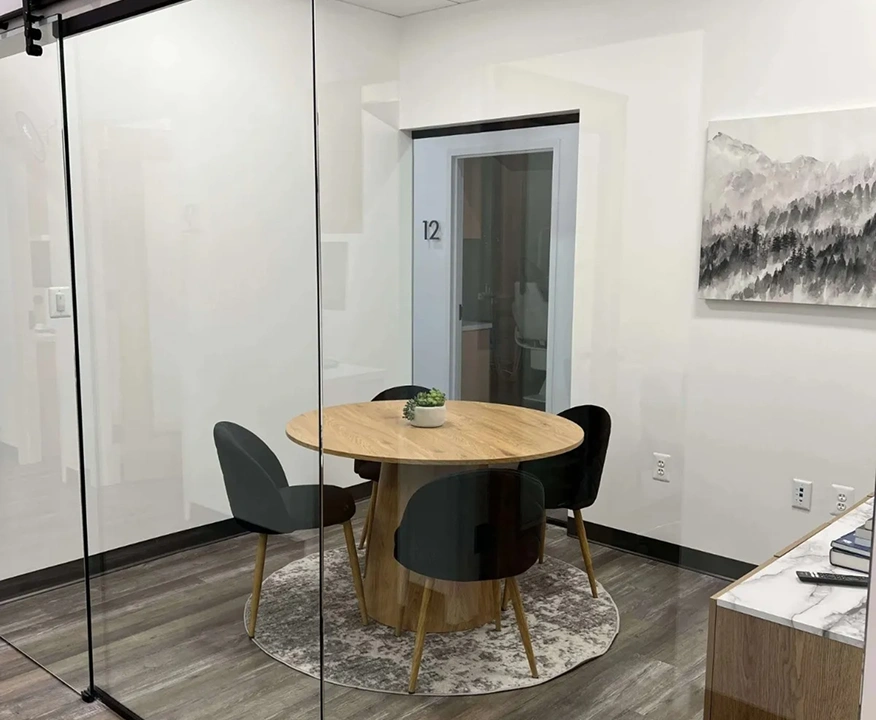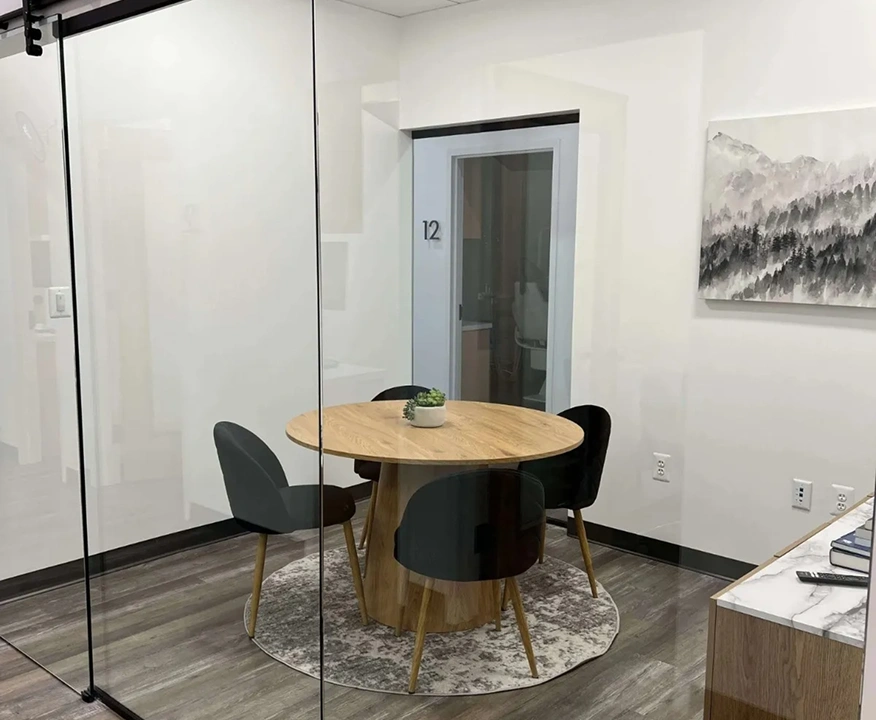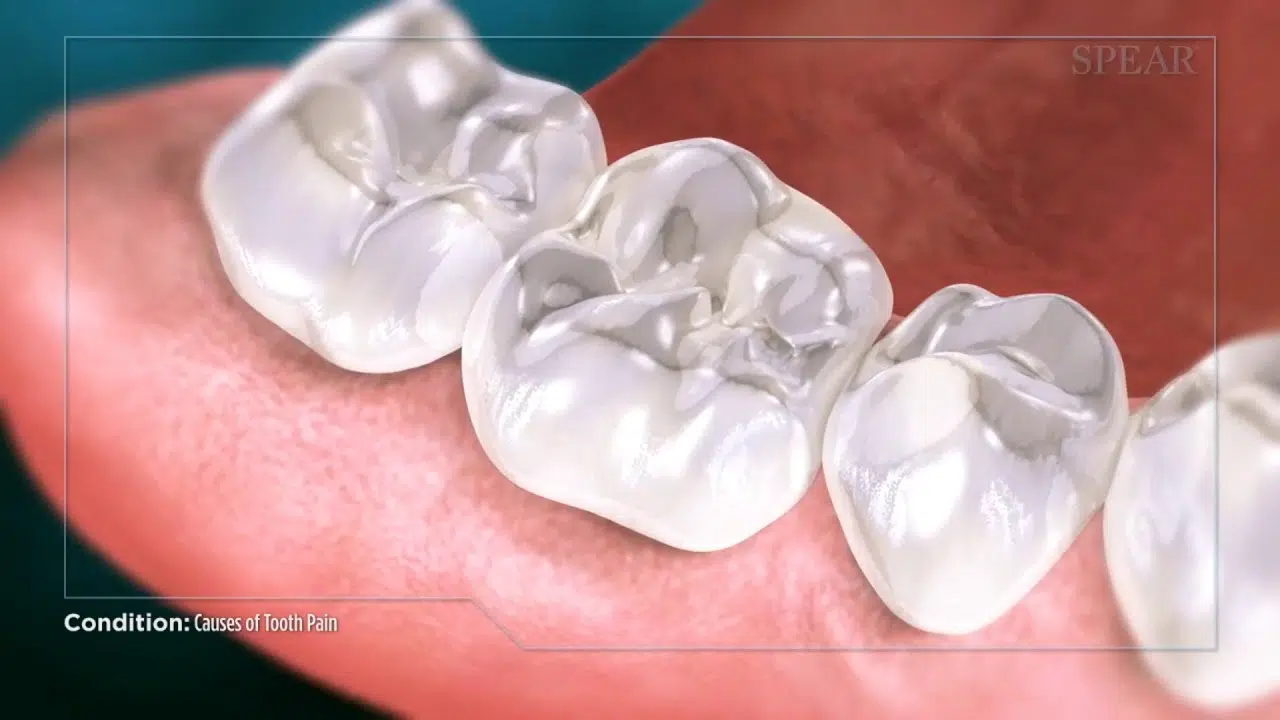
Quick Relief When You Need It Most
Experiencing a dental emergency? Our Richmond, VA location offers prompt, top-notch emergency dental care when you need it most. Your comfort is our priority, and we provide same-day appointments for urgent dental issues and sudden pain.
Book Online
Or Call to Book
Same-Day Emergency Dentistry
Severe toothache
Broken or cracked teeth
Bleeding or swollen gums
Lost crowns or fillings
Dental trauma or injury
Food lodged between teeth
Dental abscess or infection
Jaw pain or swelling
Open 5 Days a Week
Monday: 8:00 AM – 5:00 PM
Tuesday: 8:00 AM – 5:00 PM
Wednesday: 8:00 AM – 5:00 PM
Thursday: 8:00 AM – 5:00 PM
Friday: 8:00 AM – 5:00 PM
We Accept Dental Insurance
Having dental insurance makes it easier to protect and maintain your priceless smile. With coverage for a variety of services, from routine check-ups to cosmetic procedures, it's more affordable to keep your smile healthy and beautiful.
Book Online
Frequently Asked Questions
Experience the Best With Our Dedicated Team
Come experience a contemporary and inviting studio created with your comfort as the top priority.
State-of-the-art technology and facilities
Stylish, contemporary treatment spaces
Outstanding patient satisfaction — over 39 five-star Google reviews
Book Online
Transparent Pricing Tailored to You
At Best Smiles in Richmond, VA, our top priority is our patients, which means we are transparent about costs. We are committed to providing clear, honest pricing without any hidden fees. Please see below for a detailed list of our most popular services and their corresponding fees.
Book Online

